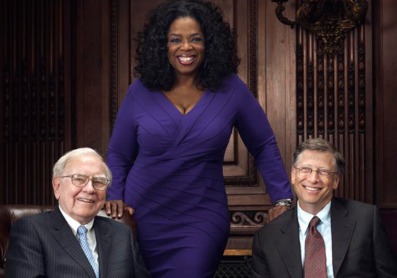 Would Jesus have a Facebook page? How many friends would he have? What sorts of things would he post? “Interesting interaction with a leper this
morning.” “Instagram photo of me walking
on water.” “Check out my blog bashing
the Pharisees.” “Any advice on what to
say when on trial before Pontius Pilate?”
“A dozen guys coming for dinner tonight; I’m serving lamb.” “I’m back.”
Would Jesus have a Facebook page? How many friends would he have? What sorts of things would he post? “Interesting interaction with a leper this
morning.” “Instagram photo of me walking
on water.” “Check out my blog bashing
the Pharisees.” “Any advice on what to
say when on trial before Pontius Pilate?”
“A dozen guys coming for dinner tonight; I’m serving lamb.” “I’m back.”But I wonder about a few things, like How much time do I really spend on Facebook? I read a study that says every person asked this question grossly underestimates how much time actually rolls by as we scroll about, like, comment, and post. Not that Facebook time is evil. If anything, it demonstrates our deep need for community, our craving for connection. God made us this way.
What sort of connection do we make on Facebook? Much is fine, but more of it is trivial, shallow. Maybe we need to get together, and share in depth. I’ve somehow garnered hundreds of Facebook friends – but do I have even 12 like those Jesus had?
I also fret a bit over the nature of photos people post. Everyone is smiling, having a terrific time – and I believe the studies that suggest the omnipresence of all our friends looking as if life is perpetual happiness can lead to a sneaky depression. Does the “norm” become the composite image of giggly, scenic life posted on Facebook? and therefore something must be wrong with me because I haven’t been happy for quite a few days, and wasn’t included in that witty video of the party I didn’t get invited to. How many “likes” did my contribution get anyhow? None? Just two?
How do I narrate my true self? How do I measure my worth? or what my day is like? Can I dabble in Facebook, but still remember to go deep, maybe to use some of that ticking Facebook time to pray? What’s my “status” with God? What do I “like” about God this day? What would I share from my heart that matters – either an item of joy, or a plea from sorrow?
What if Jesus had posted photos of his journey? Not all smiles and parties, that’s for sure. Does Facebook whittle away at our ability to grasp the depth of Jesus’ suffering love, or of the sorrows of our world?
“What a friend we have in Jesus.” We might have to trim some Facebook time to know him a little better…











.jpg)